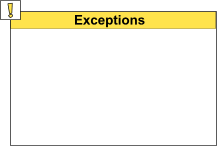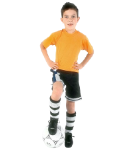Simple present is also called present simple.

The simple present expresses an action in the present taking place once, never or several times. It is also used for actions that take place one after another and for actions that are set by a timetable or schedule. The simple present also expresses facts in the present.
Simple Present - Form

be
Use:
- am with the personal pronoun II
- is with the personal pronouns he, she or it (or with the singular form of nouns)
- are with the personal pronouns we, you or they (or with the plural form of nouns)
example: I am hungry.
affirmativenegativequestionII am.I am not.Am I?he/she/itHe is.He is not.Is he?you/we/theyYou are.You are not.Are you?
have
Use:
- have with the personal pronouns I, you, we und they (or with the plural form of nouns)
- has with the personal pronouns he, she, it (or with the singular form of nouns)
example: I have a dog. / I have got a dog.
'have got' is mainly used in British English. You can also use 'have' on its own (especially in American English). In this case, however, you must form negative sentences and questions with the auxiliary verb 'do' (see 'All other verbs').
positivnegativquestionI/you/we/theyI have got. / I have.I have not got. / I do not have.Have I got? / Do I have?he/she/itHe has got. / He has.He has not got. / He does not have.Has he got? / Does he have?
All other verbs
Use:
- the infinite verb (play) with the personal pronouns I, you, we and they (or with the plural form of nouns)
- the verb + s (plays) with the personal pronouns he, she, it (or with the singular form of nouns)
affirmativenegativequestionI/you/we/theyI play.I do not play.Do I play?he/she/itHe plays.He does not play.Does he play?
Simple Present - Exceptions in Spelling

The 3rd person singular is usually formed by adding
s. But there are a few exceptions to the rule:


The verbs can, may, might, must remain the same in all forms. So don't add s.
example: he can, she may, it must
Verbs ending in o or a sibilant (ch, sh, s, x) add es instead of s.
example: do - he does, wash - she washes
A final y after a consonant becomes ie before s.
example: worry - he worries
But: A final
y after a
vowel (a, e, i, o, u) is not modified.














